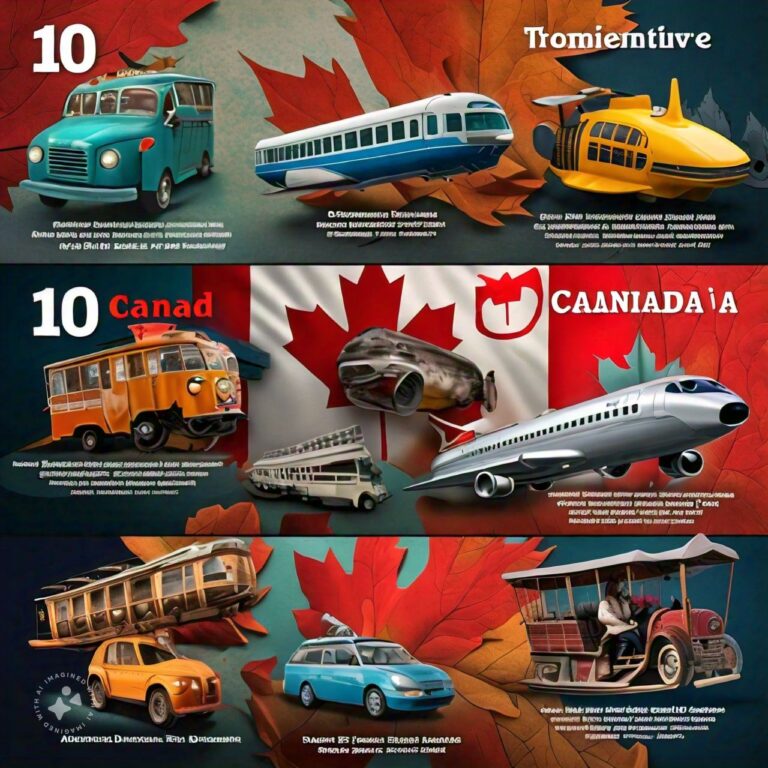Canada’s Dual Citizenship status with other countries
Canada’s flexible citizenship policy allows foreign nationals to maintain their original citizenship while becoming Canadian citizens, granting them dual citizenship. This means holding two passports and enjoying legal status as a citizen of both countries. Canadian citizens who acquire a second citizenship will not lose their Canadian citizenship unless they voluntarily renounce it through a formal legal process.
Dual citizenship offers several benefits, including:
– Easy travel between both countries
– Ability to own property and work freely in both countries
– Access to social benefits
– Choice of healthcare system in case of medical issues
However, dual citizenship also comes with potential drawbacks, such as:
– Dual obligations, including compliance with laws and military service
– Complicated and lengthy application process
– Risk of double taxation.
Dual citizenship offers a distinctive opportunity for individuals to hold legal status in two countries, presenting both advantages and disadvantages. It is crucial to carefully deliberate on the pros and cons, considering personal circumstances, to ensure that pursuing dual citizenship aligns with one’s goals and aspirations. By making an informed decision, individuals can maximize the benefits of dual citizenship while minimizing its drawbacks, ultimately enhancing their global opportunities and personal freedom.
Frequently Asked Questions
Acquiring Dual Citizenship in Canada Through Parentage
If one of your parents is a Canadian citizen, you may be eligible for Canadian citizenship by descent, exempting you from residency requirements. Once you obtain Canadian citizenship, you can pursue dual citizenship with another country, provided it permits dual citizenship.
Implications of Dual Citizenship
Holding dual citizenship with Canada and another country offers both benefits and drawbacks. On the one hand, it grants access to two sets of rights and privileges, such as work, study, and residency opportunities. On the other hand, it may create conflicts of interest, like military service or taxes on foreign income. Consulting a lawyer or immigration specialist is crucial to understanding the implications.
Countries with Which Canada Does Not Permit Dual Citizenship
Canada allows dual citizenship with most countries, but exceptions include India and some Middle Eastern nations, which require renunciation of original citizenship before becoming a Canadian citizen.
Application Process
The process for applying for dual citizenship with Canada varies depending on the country in question. Generally, you must meet eligibility requirements, provide documentation (birth certificates, passports, marriage certificates), and pass language proficiency and criminal background checks. Consulting a lawyer or immigration specialist ensures a complete and accurate application.
Maintaining Canadian Citizenship in the United States
Canadian citizens who become U.S. citizens can retain their Canadian citizenship by obtaining a Certificate of Retention before becoming a U.S. citizen. Failure to do so may result in losing Canadian citizenship.
Potential Drawbacks
Holding dual citizenship may involve paying taxes in both countries and conflicting obligations like military service or voting. Consulting a lawyer or immigration specialist helps navigate these implications and ensures compliance with relevant laws and regulations.






